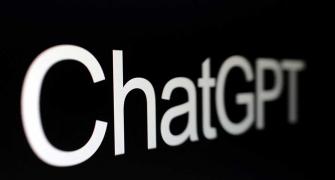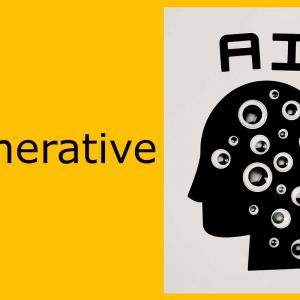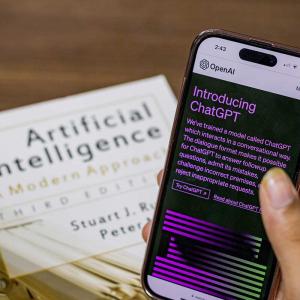
A majority of Indian undergraduates want their course curriculum to include training in artificial intelligence (AI) tools relevant to their future careers, the Global Student Survey 2023 of students from across 15 countries has found.
As many as 83 per cent of Indian students surveyed for the Chegg.Org annual analysis released this week wanted to incorporate AI in their learning, the second highest of all countries after Kenya at 84 per cent.
In addition, 46 per cent of these Indian students also felt their degree would be more useful in an AI-assisted workplace, the third highest of all countries after Kenya (53 per cent) and Saudi Arabia (48 per cent).
At the same time, 44 per cent of Indian undergraduates say they have used Generative AI (GenAI) or AI capable of generating text, images, or other media, using generative models for their university studies, higher than the global average of 40 per cent.
While Indian students appear to view GenAI as a helpful learning support tool, they still see room for improvement, with 49 per cent calling for the involvement of human expertise in generating answers and 28 per cent of those having tried it concerned about receiving incorrect or inaccurate information.
Although students are starting to adopt GenAI to support their learning, it's clear they see room for improvement, said Heather Hatlo Porter, Head of Chegg.org and Chief Communications Officer of edtech firm Chegg.
"Students want GenAI learning tools that provide accurate, reliable study support. Crucially, according to our survey, a top priority among all those surveyed in India was the involvement of human expertise," Hatlo Porter said.
"An analysis of our internal research found that students are mainly using GenAI for writing tasks, and are not yet fully leveraging the technology for STEM subjects," she added.
The new findings are published by Chegg.org, the non-profit arm of Chegg, based on opinion polling by Yonder Consulting of over 11,000 undergraduate students aged 18-21 years across 15 countries, including 1,016 students in India.
Chegg.org said its latest survey is the most comprehensive up-to-date survey of the lives, hopes and concerns of undergraduate students throughout the world as they enter the age of AI.
Questions in the survey covered students' views on learning in the age of AI, skills and careers, and their health, wellbeing and social attitudes.
Among the 44 per cent of Indian students who have used Gen AI in their studies, 60 per cent say it helps them learn faster, 55 per cent say it allows them more creative use of learning, while 51 per cent say it frees up their time.
A majority (64 per cent) of the 44 per cent of students who say they have used GenAI for their studies said they did so to understand a concept or a subject, the second highest percentage for this option after Australia (72 per cent).
The survey shows that over three-quarters (78 per cent) of Indian students believe universities should change the way they assess students, considering the availability of GenAI tools, the third highest to say so after Kenya (82 per cent) and Indonesia (79 per cent).
Among this cohort, 59 per cent said there should be better guidance on the acceptable use of GenAI in assessments, while 37 per cent said there should be more oral assessments, such as presentations or speaking exams.
Over half (58 per cent) of all Indian students surveyed said colleges and universities should promote the use of GenAI tools for assessed work, the fifth highest out of all the countries for this option after Kenya (72 per cent), Saudi Arabia (66 per cent), Turkiye (63 per cent), and Mexico (61 per cent).
Chegg.Org launched its Global Student Survey in 2021 during COVID lockdowns and has undertaken this worldwide analysis annually to elevate the voices of students.
Feature Presentation: Ashish Narsale/Rediff.com









